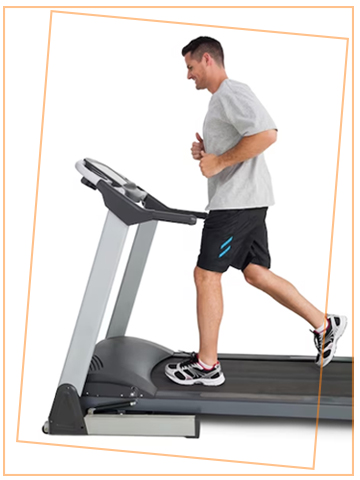Exercise
Exercise is an important component in the long-term outcomes of a bariatric surgery patient. It will help you not only attain your weight loss goal but also maintain it. Exercise can increase metabolism, or how many calories you burn in a day. It can also help you maintain and increase lean body mass, which also helps increase the number of calories you burn each day. Exercise is a planned, structured, and repetitive activity to improve or maintain physical fitness. Physical activity is any bodily movement produced by skeletal muscles that requires energy expenditure. Physical inactivity is one of the leading risk factors for non-communicable disease mortality. Insufficiently active people have a 20% to 30% increased risk of death compared to sufficiently active people. Obesity is a growing epidemic in our nation. The change starts with us.
Every new day is a chance to change your life; Exercise every day – Keep Obesity Away





